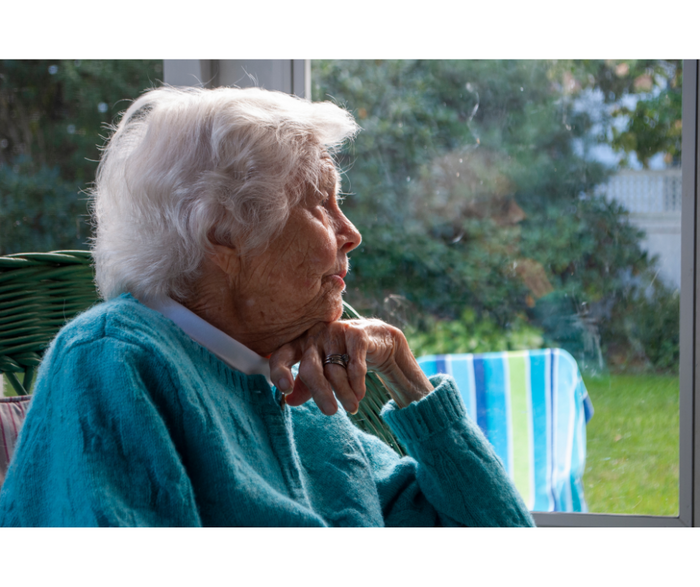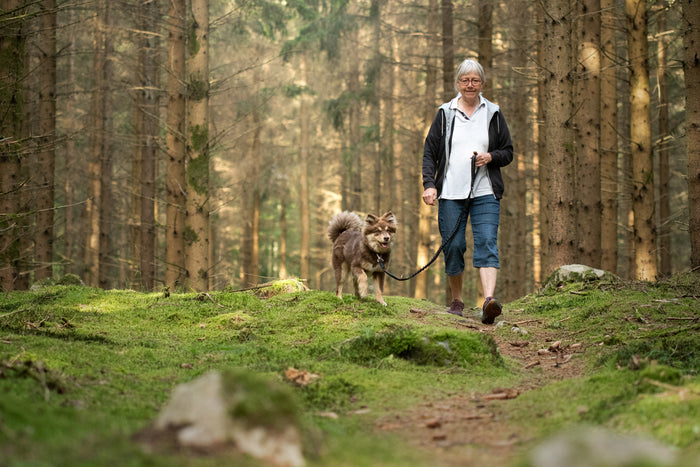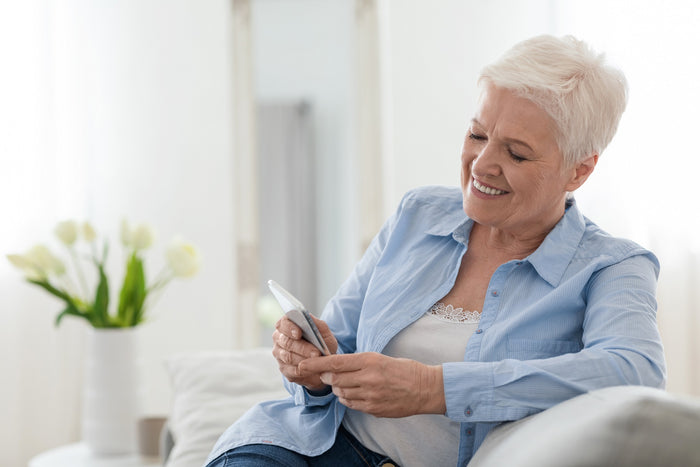How Halloween can be stressful for the elderly

How Halloween can be stressful for the elderly
Halloween is an annual celebration that brings joy and excitement to many people around the world. However, for the elderly, this holiday can be a source of stress and anxiety. In this blog, we will explore the reasons why Halloween can be particularly challenging for the elderly.
1. Increased Noise and Disturbance: Halloween is often associated with loud noises, like fireworks and parties. For the elderly who are more sensitive to sound, these sudden bursts of noise can be distressing and overwhelming. The constant disturbance can disrupt their sleep patterns, worsen their mental health, and increase feelings of anxiety.
2. Increased Foot Traffic and Stranger Danger: Halloween is an event that encourages children and adults to roam the streets in costumes, going door-to-door for trick-or-treating. For elderly people living alone, this sudden increase in foot traffic and the constant doorbell ringing can be intimidating. They may feel compelled to answer the door to avoid appearing rude, which can be stressful and potentially put them at risk of encountering unfamiliar individuals.
3. Concerns about Safety: With Halloween festivities taking place mainly during the evening hours, elderly individuals may feel a heightened concern for their personal safety. The darkness can create an environment that is more conducive to accidents and falls, which are already common among the elderly population. Moreover, elderly people may worry about vandalism or theft during this time, leading to feelings of vulnerability and increased anxiety. With the increased risk in falls, ensure they have a personal fall alarm.
4. Negative Memories and Loneliness: Halloween often evokes memories of the past, which can be bittersweet for elderly individuals. For those who have lost loved ones, this holiday can serve as a reminder of their absence. Additionally, when elderly people see the excitement and sense of community associated with Halloween, it can highlight their own feelings of loneliness and isolation. This can contribute to feelings of depression and sadness during Halloween.
5. Complex and Overwhelming Decorations: As Halloween becomes increasingly commercialized, decorations have become more elaborate and extravagant. For elderly individuals, particularly those with mobility issues or visual impairments, navigating through the neighbourhood can become challenging. The complexity and intensity of the decorations can create an overwhelming sensory experience, making it difficult for them to enjoy the festivities or even go out for basic necessities.
6. Limited Active Participation: Halloween often involves active participation, such as dressing up, trick-or-treating, or attending parties. For elderly individuals who may not have the physical ability or desire to engage in these activities, Halloween can result in feelings of exclusion and alienation. They may feel left out from the communal experience, exacerbating feelings of sadness and isolation.
Conclusion
While Halloween is a time of celebration and enjoyment for many, it is important to recognise that it can be a stressful and distressing time for the elderly. Their concerns about safety, increased noise, disturbance, and loneliness are valid and must be acknowledged. As a society, we should strive to create inclusive environments that cater to the needs of all individuals, ensuring that Halloween remains an enjoyable experience for everyone, regardless of age or circumstance.




